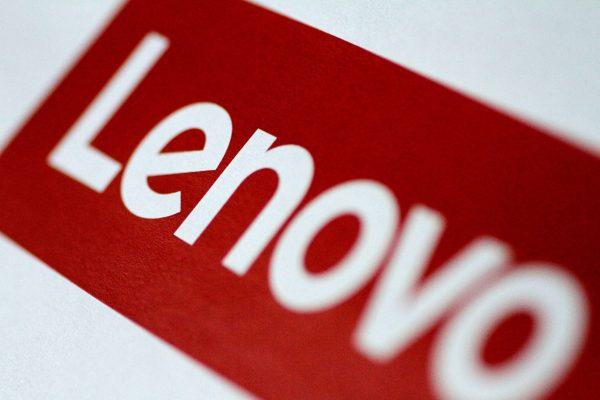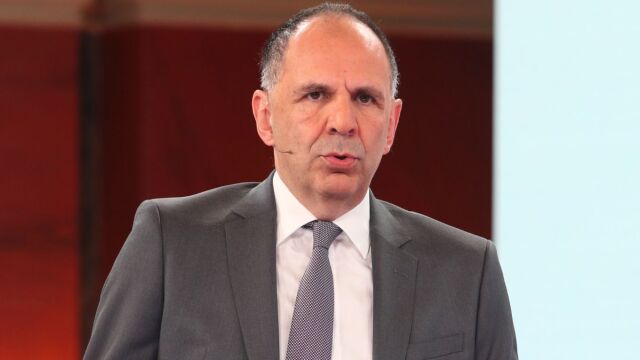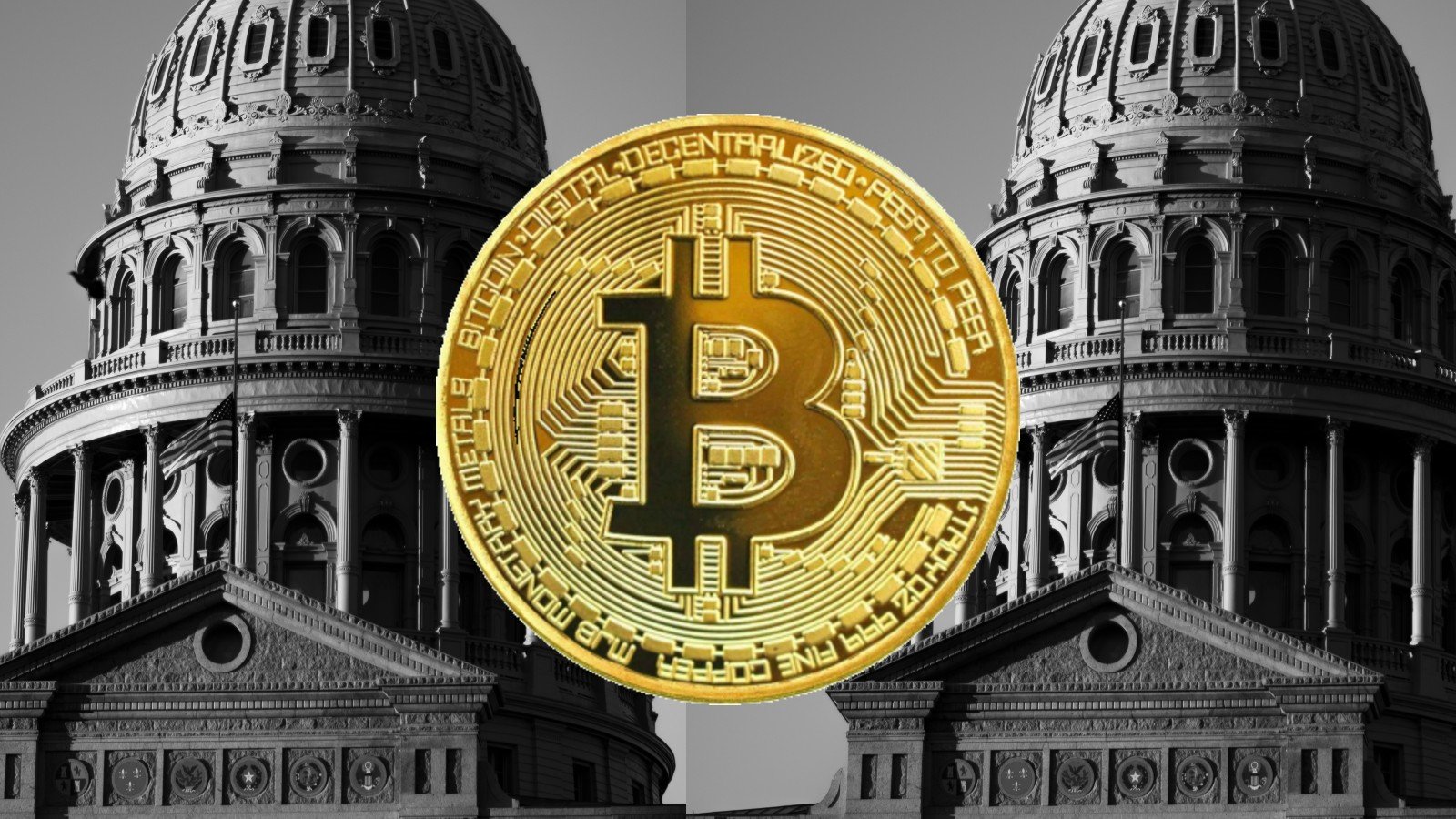Texas Set to Create State Bitcoin Reserve that Would Accept Private Donations
The State of Texas is set to get into the cryptocurrency investment game as the Texas House passed a Senate bill on Wednesday to create a “Strategic Bitcoin Reserve” that could use millions of taxpayer dollars to purchase cryptocurrency.
Senate Bill 21 will—assuming Senate concurrence and the governor’s sign-off—establish a new government investment fund through which the state comptroller and a team of appointed advisors have broad discretion to invest in cryptocurrencies like Bitcoin. The bill allows the state to appropriate funds from its coffers to finance those purchases.
The House version also restored a controversial provision that had been stripped in the upper chamber to allow private donations to the fund.
The House approved the measure with overwhelming bipartisan support on a 101-42 vote, with no debate over the wisdom of getting the state into the business of investing in highly speculative virtual coins. Opponents included 21 Republicans and 21 Democrats.
The bill’s lead champion, GOP Senator Charles Schwertner, has said the state needs to create this crypto fund not only as an official show of support for the powerful digital currency industry but as a fiscal hedge against the strength of the U.S. dollar amid growing federal debt and global tumult.
“Senate Bill 21 is about recognizing digital assets not as a trend but as a strategic opportunity,” Representative Giovanni Capriglione, who carried the bill in the House, said on the floor Tuesday. “With strong oversight, clear boundaries, and smart financial planning, Texas can take a leadership role in the evolving digital economy.”
Top Republican leaders in Texas, including Governor Greg Abbott, have gone out of their way to make the Lone Star State an epicenter of the crypto industry—including of power-hungry bitcoin mines that have set up near rural towns and proven to be major nuisances for local residents.
SB 21 was a top priority in the Senate and was one of the first bills passed by the upper chamber back in early March. It was drafted in coordination with the Texas Blockchain Council, an industry group representing many of the largest crypto companies.
Schwertner’s original bill, however, faced some opposition from members on his Business & Commerce Committee, particularly over a provision that would allow the state to accept donations of cryptocurrency from private citizens and corporations to the state reserve, which critics said posed a risk for market manipulation and undue influence.
“If someone decides to give $10 billion [worth of crypto] to the state, they’re creating a market for themselves [and could effectively] manipulate the market using the imprimatur of the state,” Senator Nathan Johnson, a Dallas Democrat, said during the February hearing. “I don’t want the state to be a tool of an investor. I would want this to be limited to just state allocations. I don’t want billionaire tech bros owning a branch of the state government.”
Schwertner amended the bill to remove that private donation component before it was then passed by the committee.
That provision was added back into the House version by Capriglione, though it limits potential donors only to individuals who are “domiciled” in Texas.
Schwertner indicated support for the House version in a social media post: “SB 21 has officially passed both chambers, and Texas is now on the verge of establishing the Texas Strategic Bitcoin Reserve!”
Schwertner’s office did not immediately response to a request for comment. Johnson’s office said that the Dallas senator would vote against concurrence with the private donation clause.
To show precedent for such a state reserve, Capriglione has pointed to the passage of his bill back in 2015 to create a state-run gold depository to allow the state to invest in the precious metal. “Bitcoin and gold are quite the same; both have a limited supply, and its value is based on multiple world economies making it stable to economic distress or devaluing a currency across all countries,” he said in a committee hearing on the bill in April.
However, as Comptroller Glenn Hegar told the Senate committee earlier this year, the state never did become an investor in gold commodities and holds no gold in its treasuries.
But Bitcoin boosters are apparently intent on ensuring that the state does have the means to invest in crypto—on the taxpayer’s dime, of course. In the committee hearing, Caprligione said that the Senate has included a budget rider, contingent on passage of SB 21, that would provide $21 million to “kick start” the bitcoin reserve.
Crypto watchdogs have warned against state governments using the power of their purse to get into Bitcoin—and even some crypto enthusiasts have warned that it’s antithetical to the original purpose of digital currency: getting out from under the boot of government fiat currency. “There is simply nothing behind Bitcoin. It has no strategic use,” Hillary Allen, an American University law professor who studies cryptocurrencies, previously told the Texas Observer, saying they are effectively a “Ponzi–like asset.”
Still, since President Donald Trump issued an executive order calling for the creation of a federal crypto stockpile, several red states have taken up legislation to create similar state reserves. Lawmakers in most of those states, including Florida, have rejected the idea. So far New Hampshire is the only one to pass the idea into law. Arizona’s GOP legislature passed a Bitcoin reserve bill, but the Democratic governor vetoed it.
Governor Abbott expressed apparent interest in the bill, via double-eyes emoji, from the session’s early days.
Content Original Link:
" target="_blank">

















